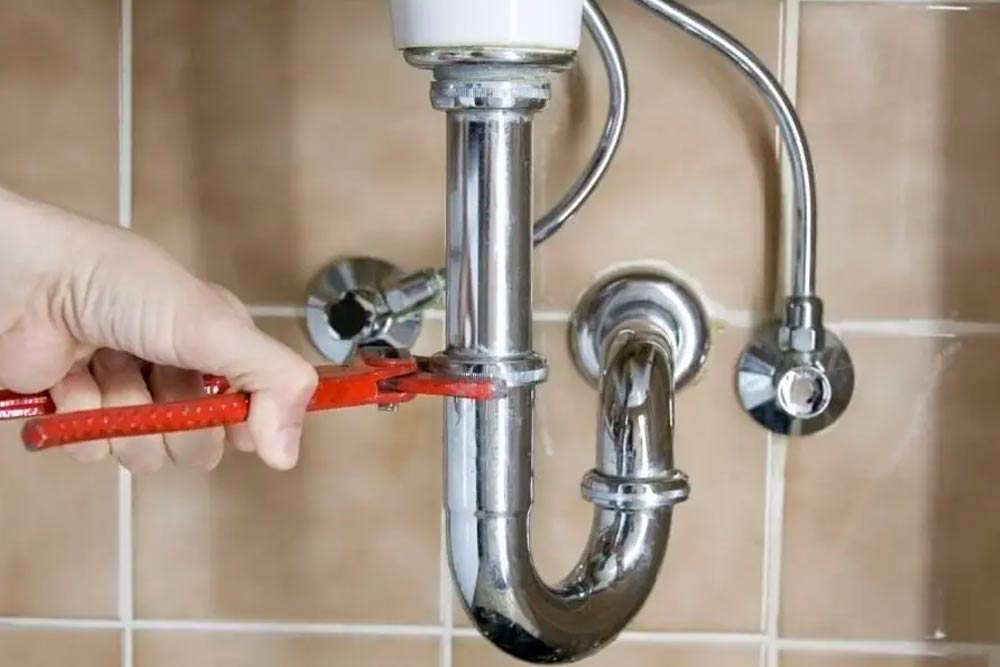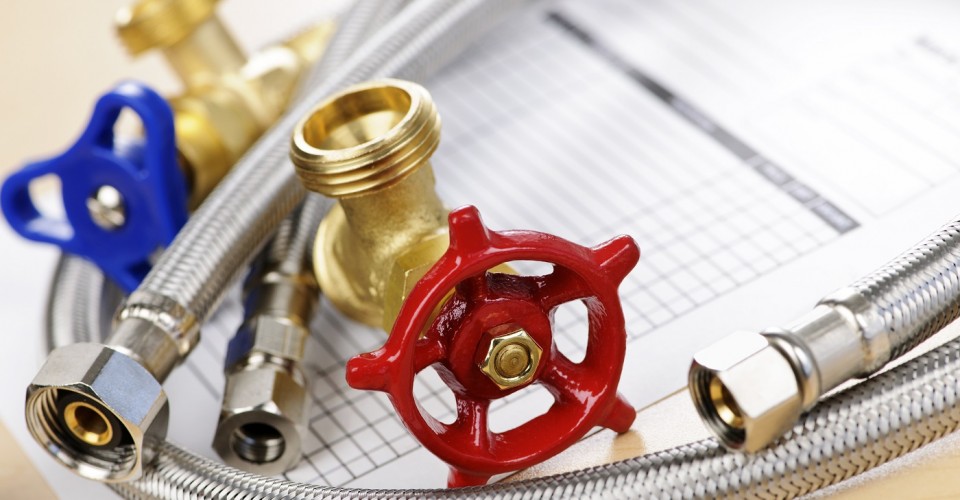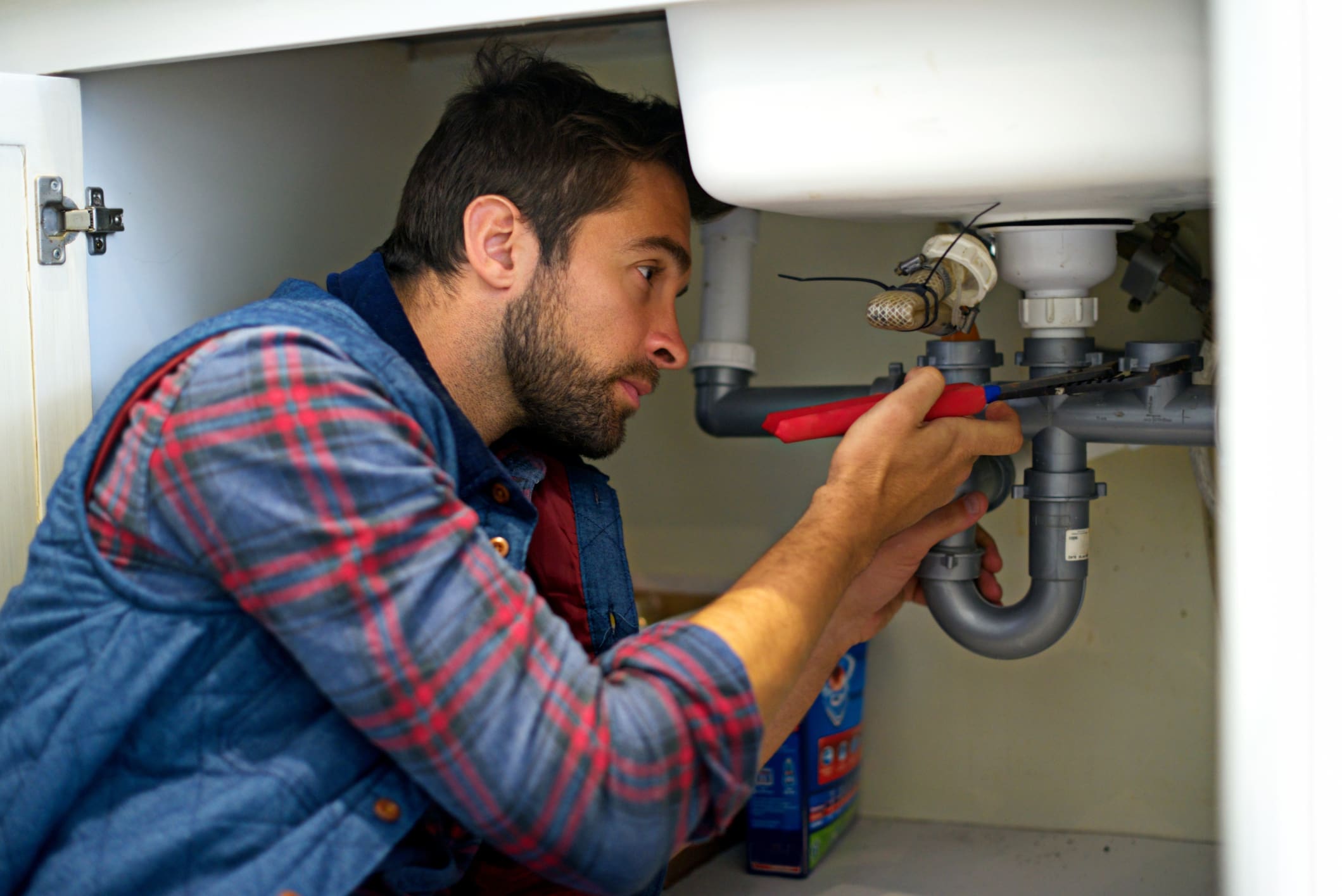All Categories
Featured

[/image][=video]
[/video]
Before you rush to call a plumbing professional or make some poor DIY option, you might want to take an appearance at these plumbing keys that can save you time and money. It is necessary to know where you water shut off valve remains in your home, as this can save you from more severe damages when pipes problems take place.
Once whatever is shut off, have a look at your water meter. If the meter proceeds to move, it's most likely that you have a leak someplace in your system. This technique will not tell you where the leakage stems, however it's a great initial step towards determining a problem. A continued movement on your water meter when all water sources are switched off is a clear warning that needs prompt attention.
Nevertheless, slow-moving drains are typically an early indication of a larger concern. It might show an obstruction planned, an issue with your sewage system line, or perhaps tree roots infiltrating your pipelines. Rather of waiting for the drain to come to be entirely obstructed, act as quickly as you observe a stagnation.

If these don't work, it might be time to contact a professional. Neglecting the problem could cause extra serious and pricey troubles down the line. Understanding where your major water shutoff valve is can save you from potential water damage in instance of a major leak or pipes catastrophe.
Should I Do My Own Plumbing?
Ensure every house adult recognizes where the shutoff valve is and how to use it. In the occasion of a severe leakage, rapidly shutting off your home's water can decrease damages and offer you assurance while you await a plumbing professional to arrive. It's a popular notion that chemical drain cleansers are the utmost remedy for stopped up drains pipes an idea that couldn't be better from the reality.
The chemicals can rust the internal lining of the pipelines, leading to damaged structures, leaks, and also pipeline ruptureds. They can leak into groundwater and infect it, presenting threats to regional ecosystems.
These tools can effectively clear obstructions without triggering any damage to your pipes. If these methods don't function, do not hesitate to call an expert. Additionally, bear in mind that avoidance is always much better than cure. Stay clear of putting oil, oil, or any strong waste down your drains pipes, as they can strengthen and cause obstructions.

Over-tightening can lead to many issues, consisting of stripped screws and busted bolts, resulting in leakages or even water damages. This common blunder in Do it yourself plumbing tasks can transform a minor repair work into a pricey endeavor.
Is Diy Plumbing Safe?
Plumber's tape, or Teflon or string seal tape, is an essential tool for every property owner. It creates water tight seals at pipe strings, preventing leakages at joints and connections.

Before connecting any type of installations, take a minute to wrap a couple of layers of plumber's tape around the strings in a clockwise direction. Make sure the tape covers all the strings and is wrapped tightly. This straightforward yet essential step can save you from handling annoying leakages down the line.
Keep in mind that for bigger concerns, professional help is always advised. To stop this from occurring, think about setting up pipe insulation.
Plus, throughout colder months, pipeline insulation can aid avoid your pipes from freezing and breaking a scenario that can lead to costly repair services. When it involves securing components like taps, lots of DIY enthusiasts naturally grab a plumbing professional's putty. There's a choice that may serve you better silicone caulk.
Is Diy Plumbing Safe?
This versatility allows it to fit minor shifts or motions without breaking the seal, giving an extra long lasting and long-lasting service. Just keep in mind to allow the caulk cure completely according to the producer's guidelines before exposing it to water to ensure the most effective results. "Doping" in pipes describes applying pipeline dope, or pipe joint compound, to the strings of pipes links prior to they're screwed with each other.
Latest Posts
24/7 Plumber
Plumbing
Plumber